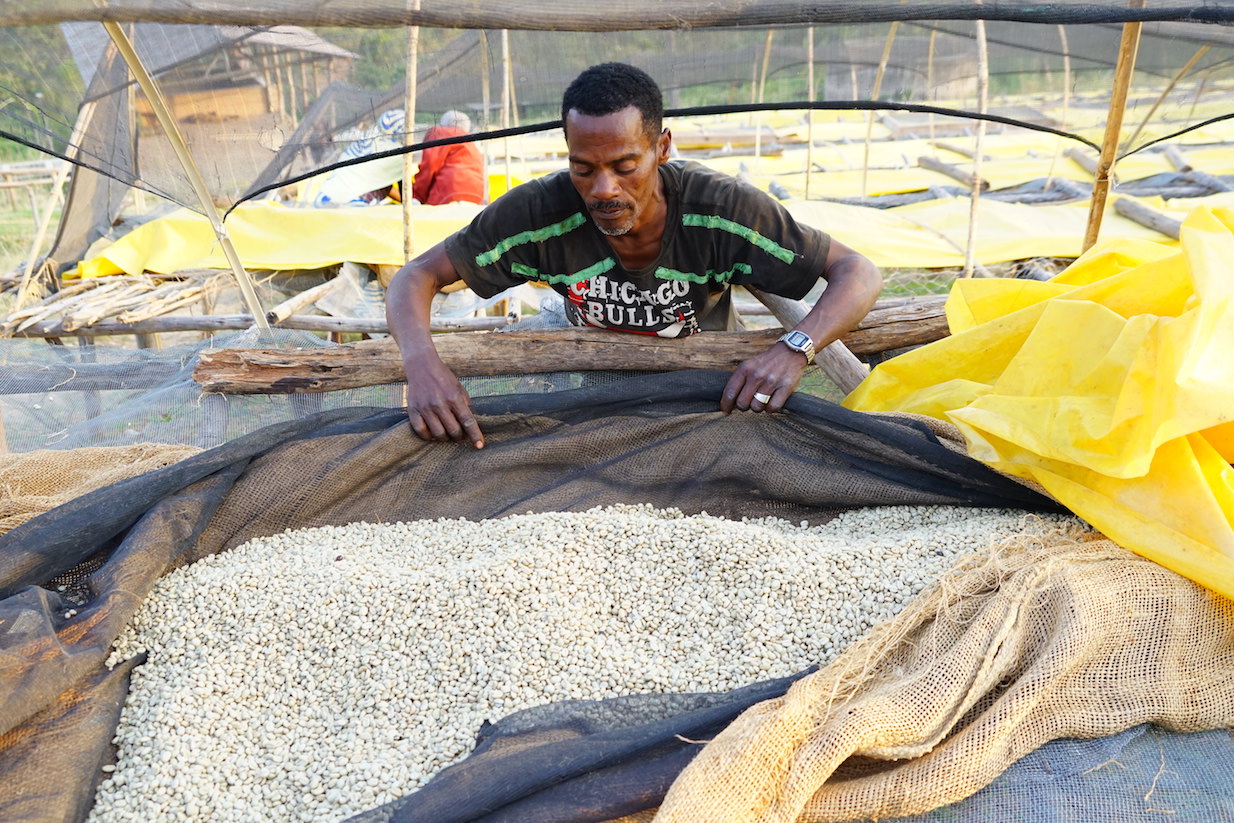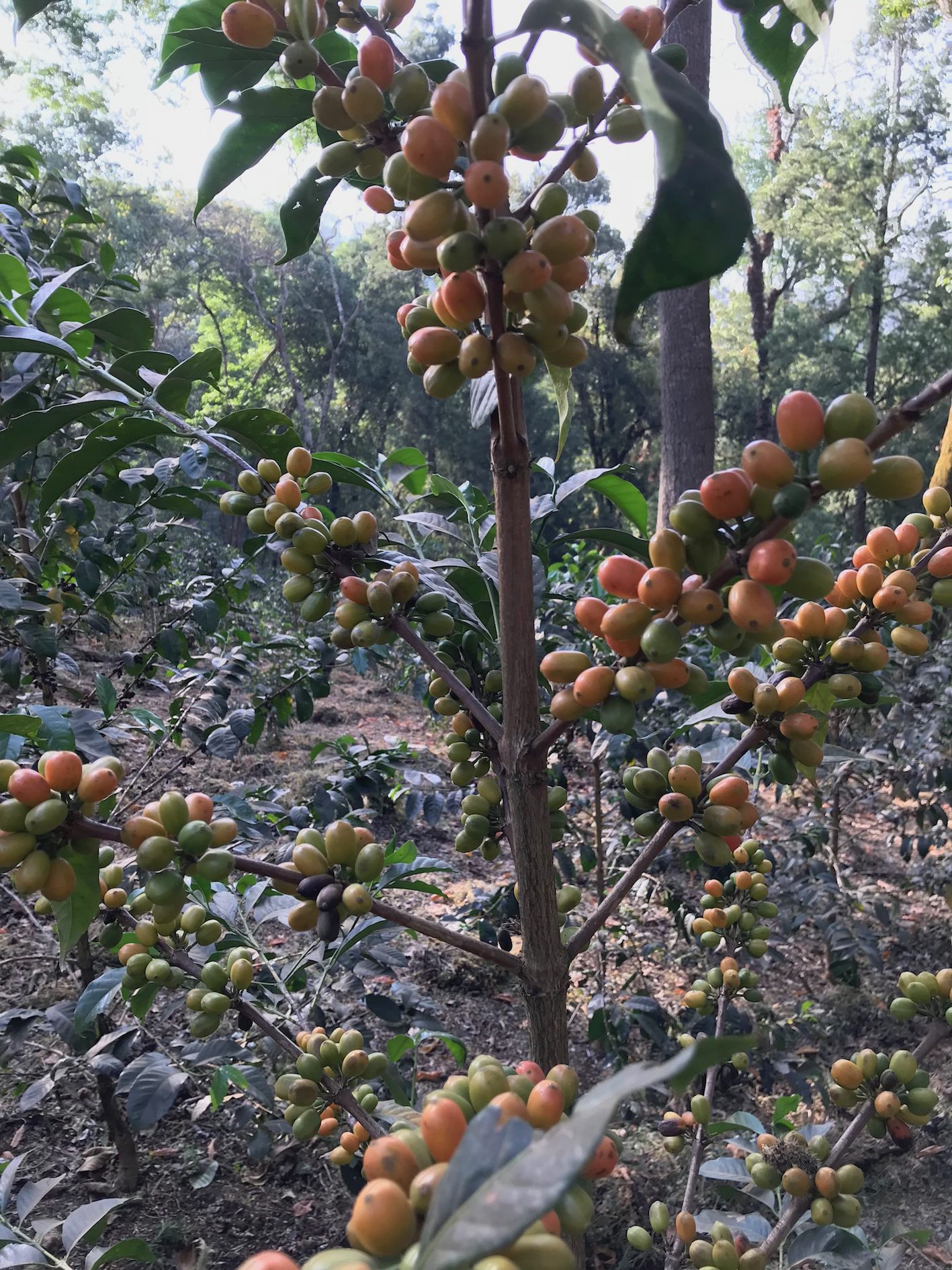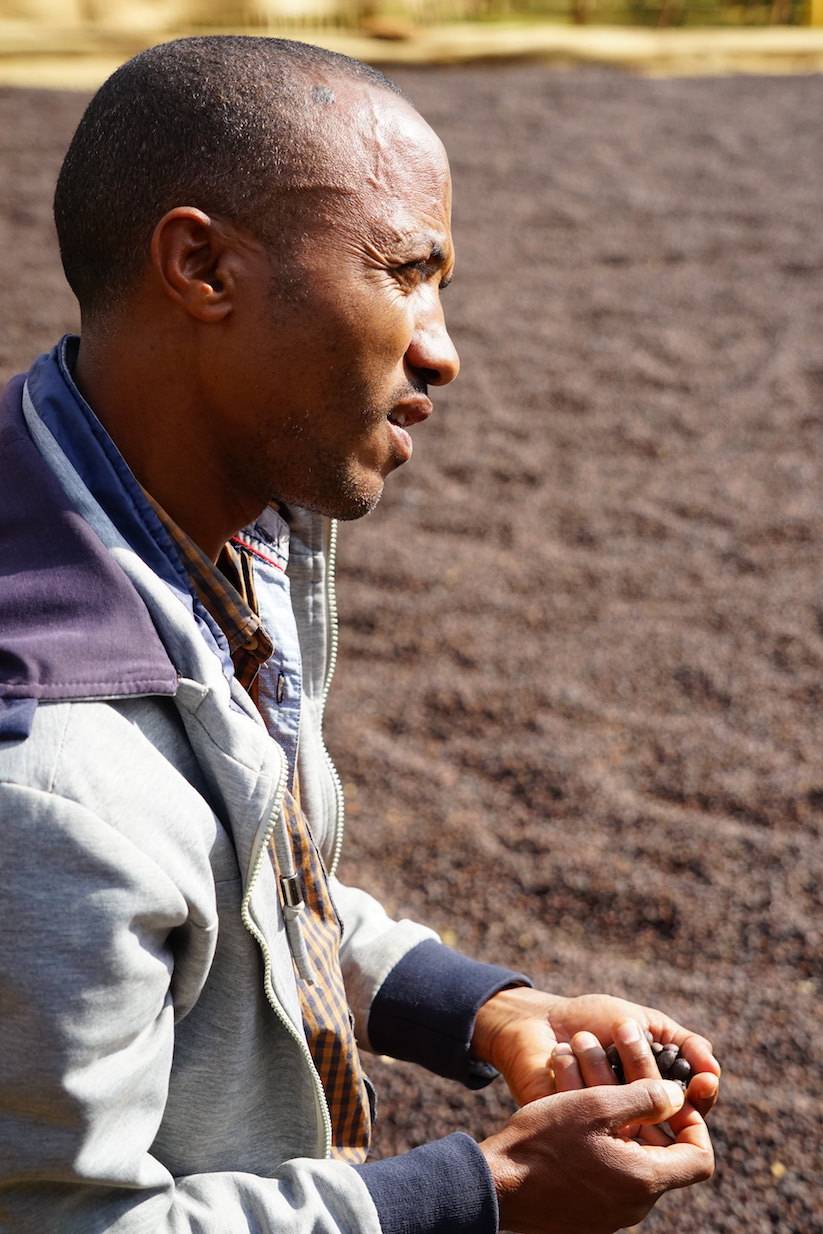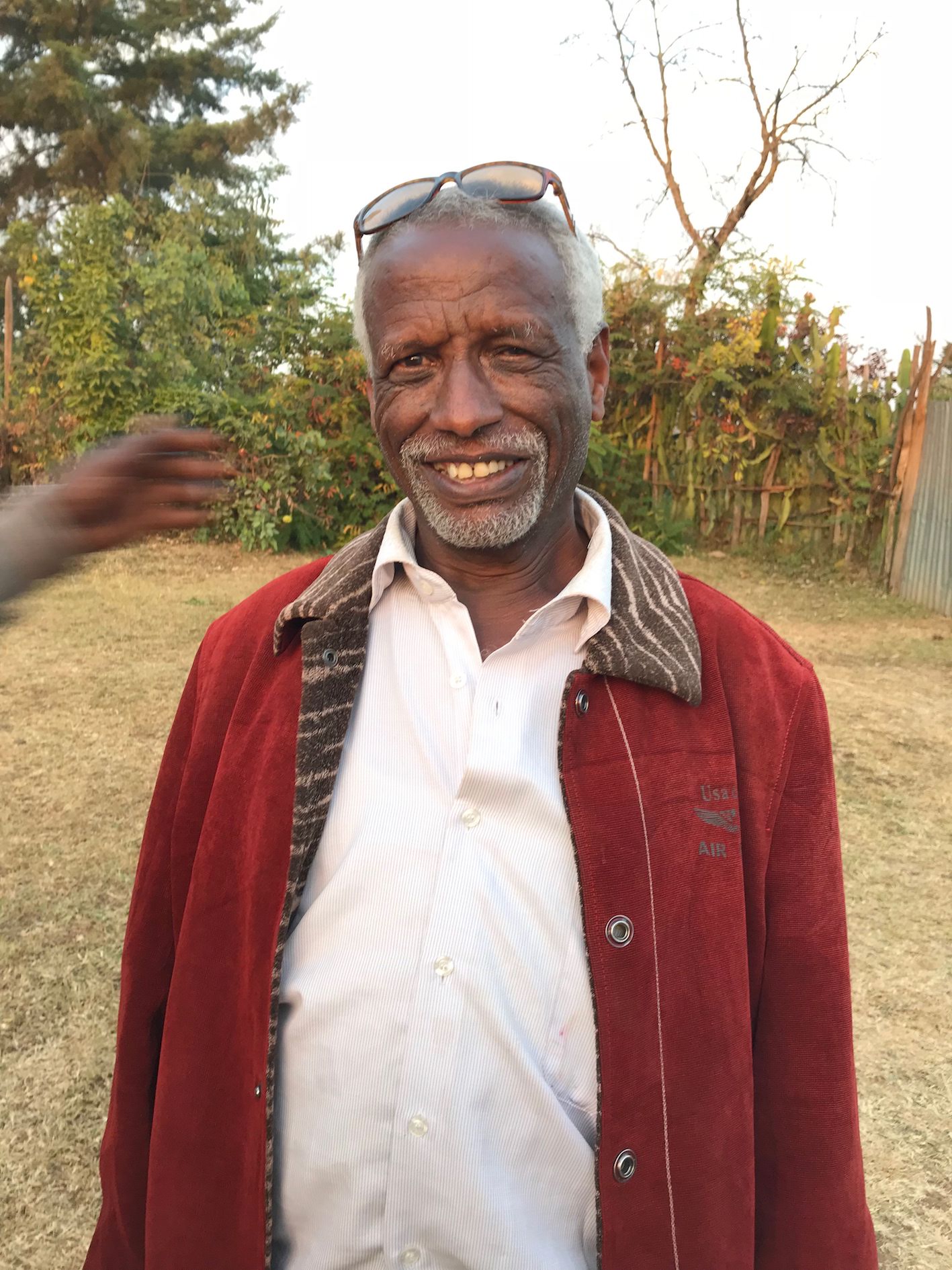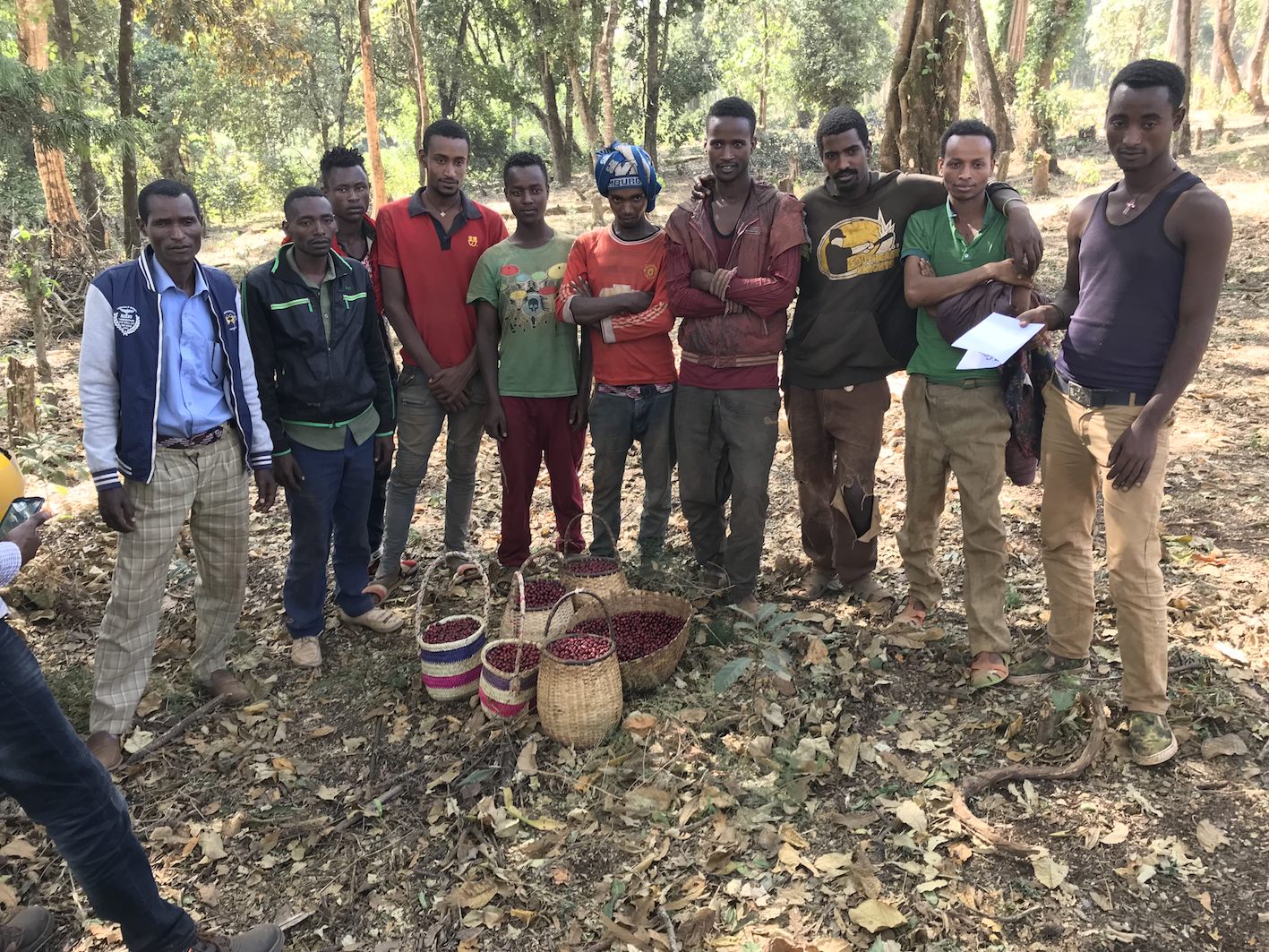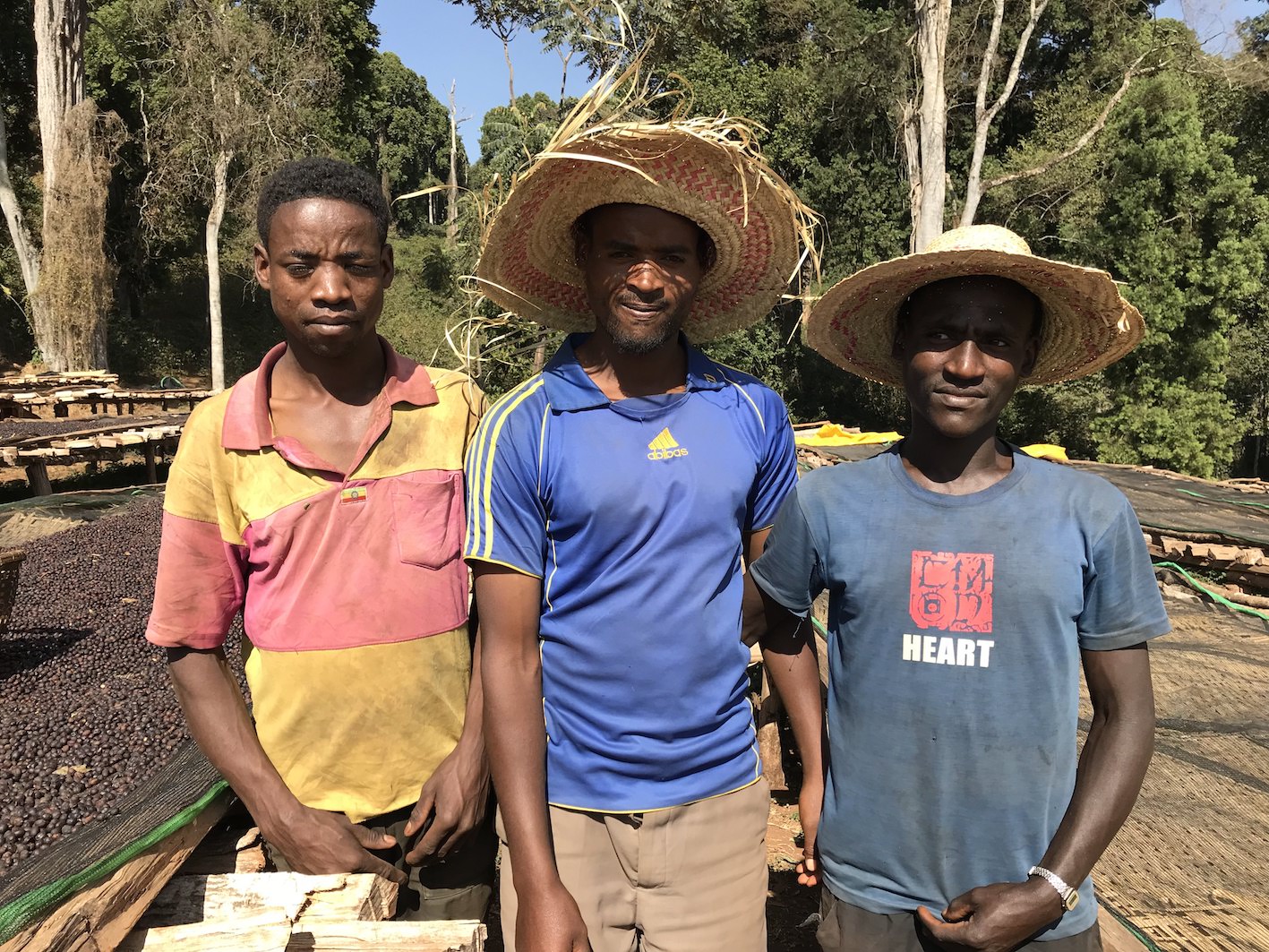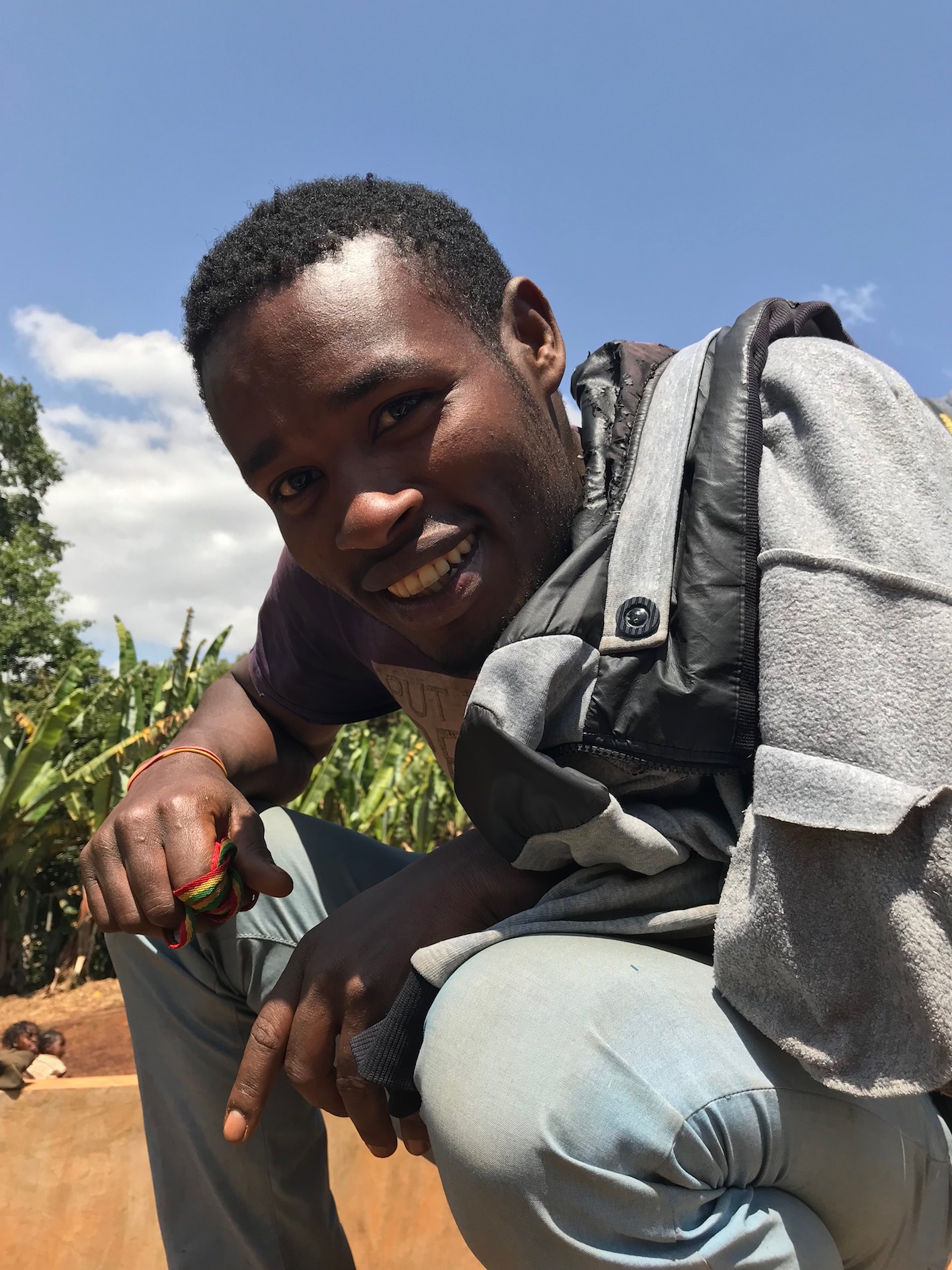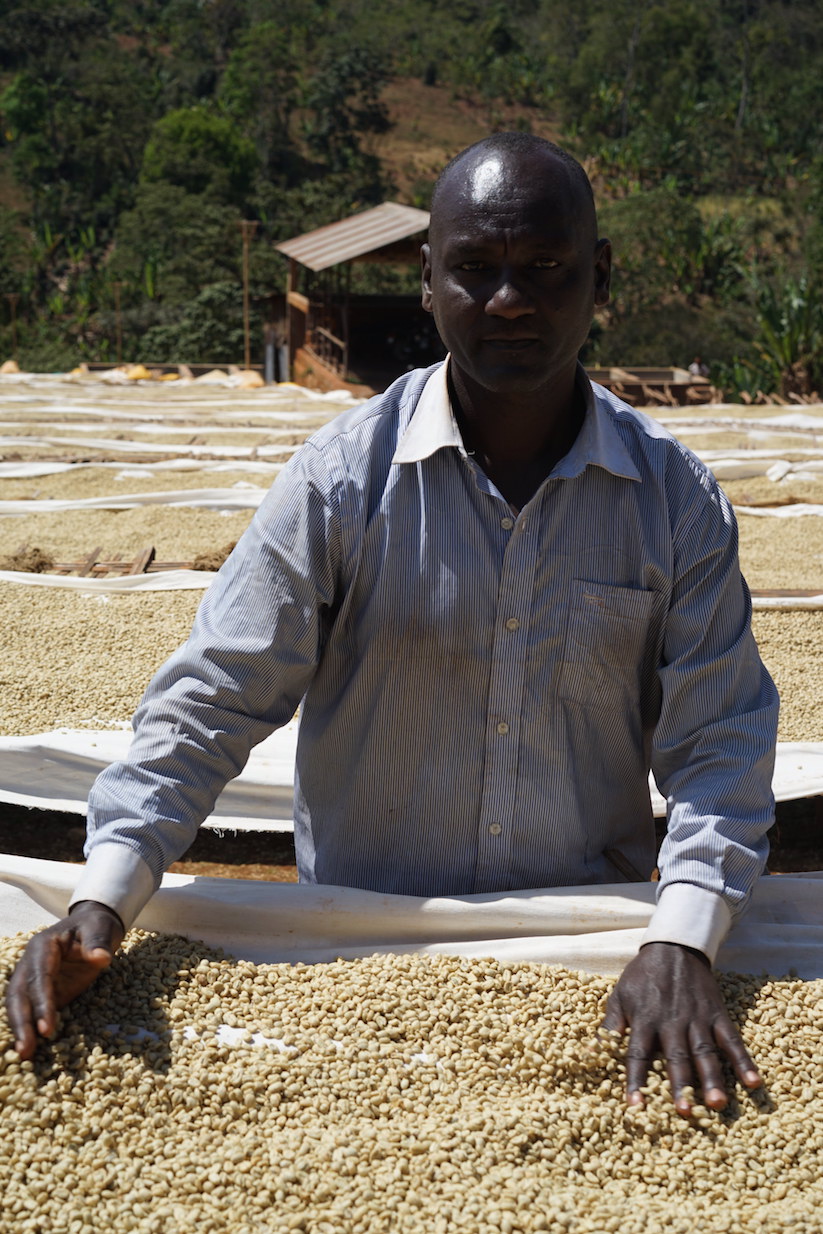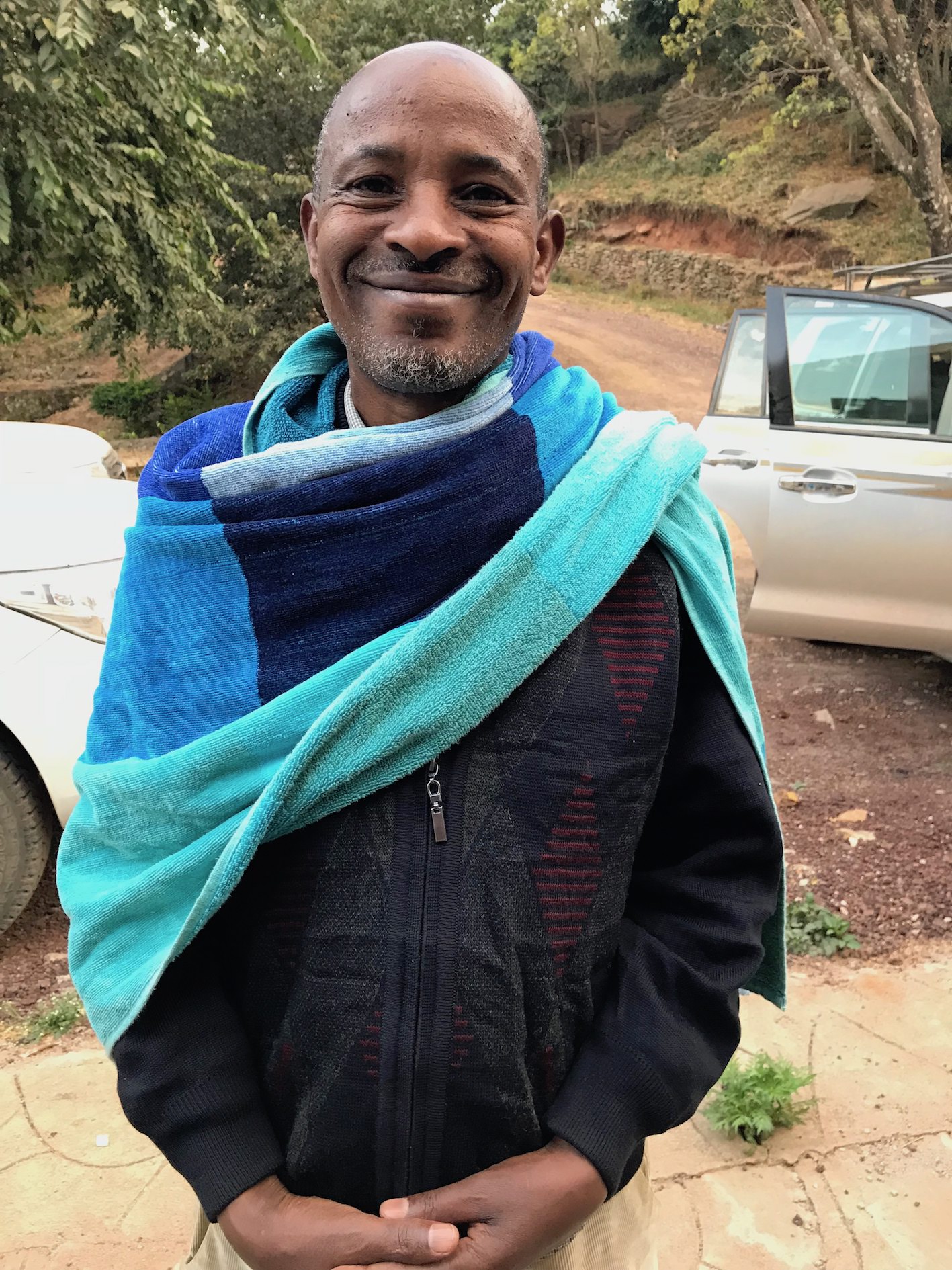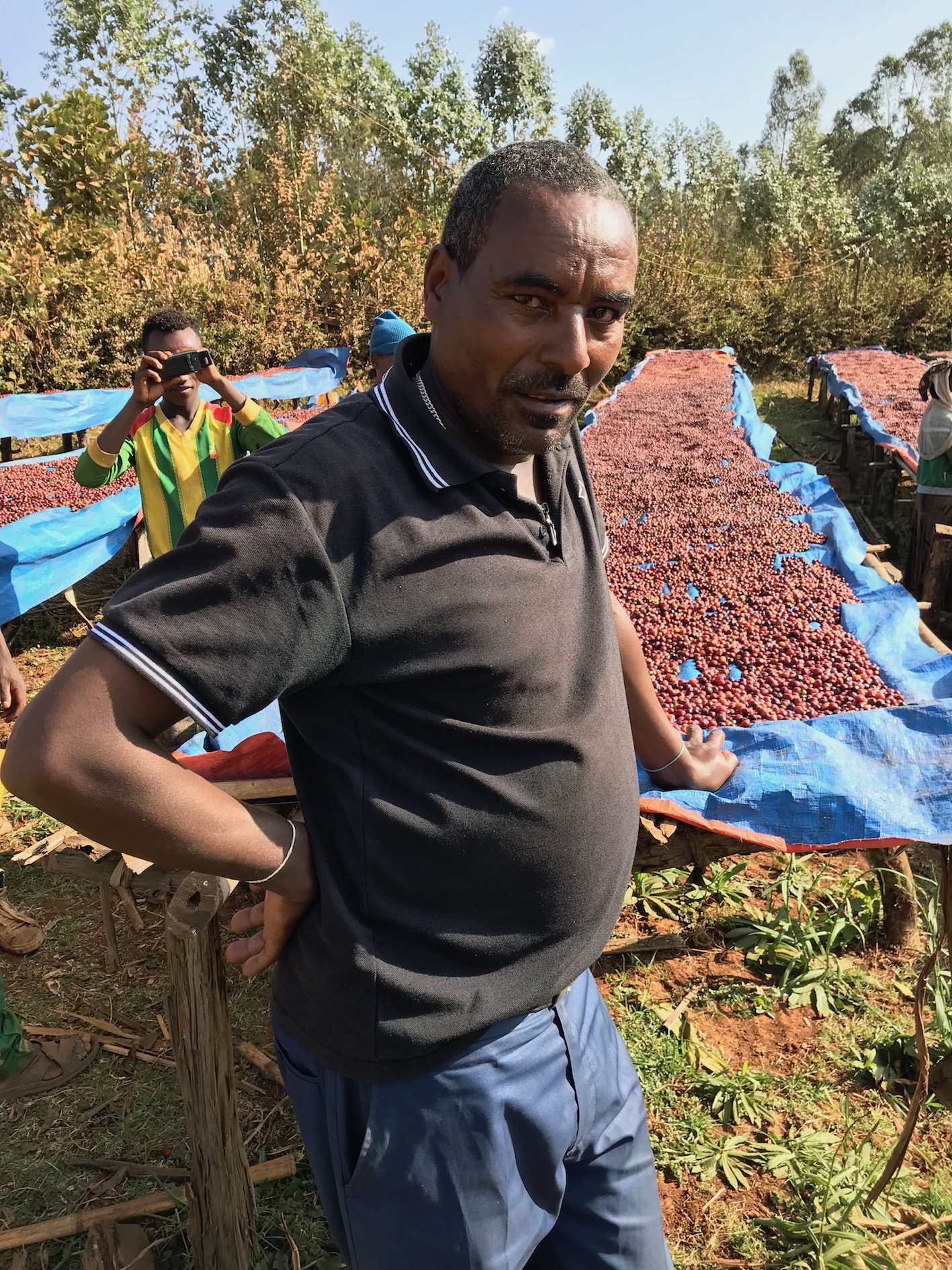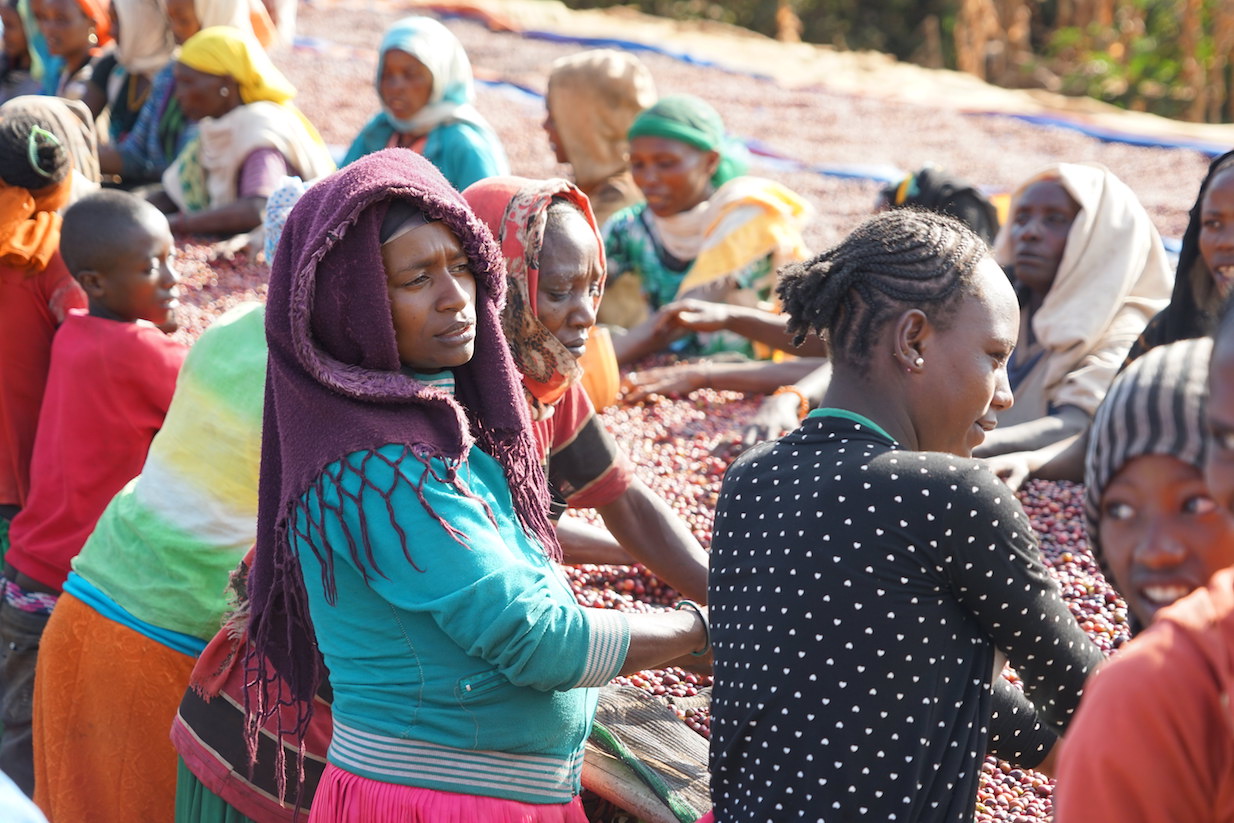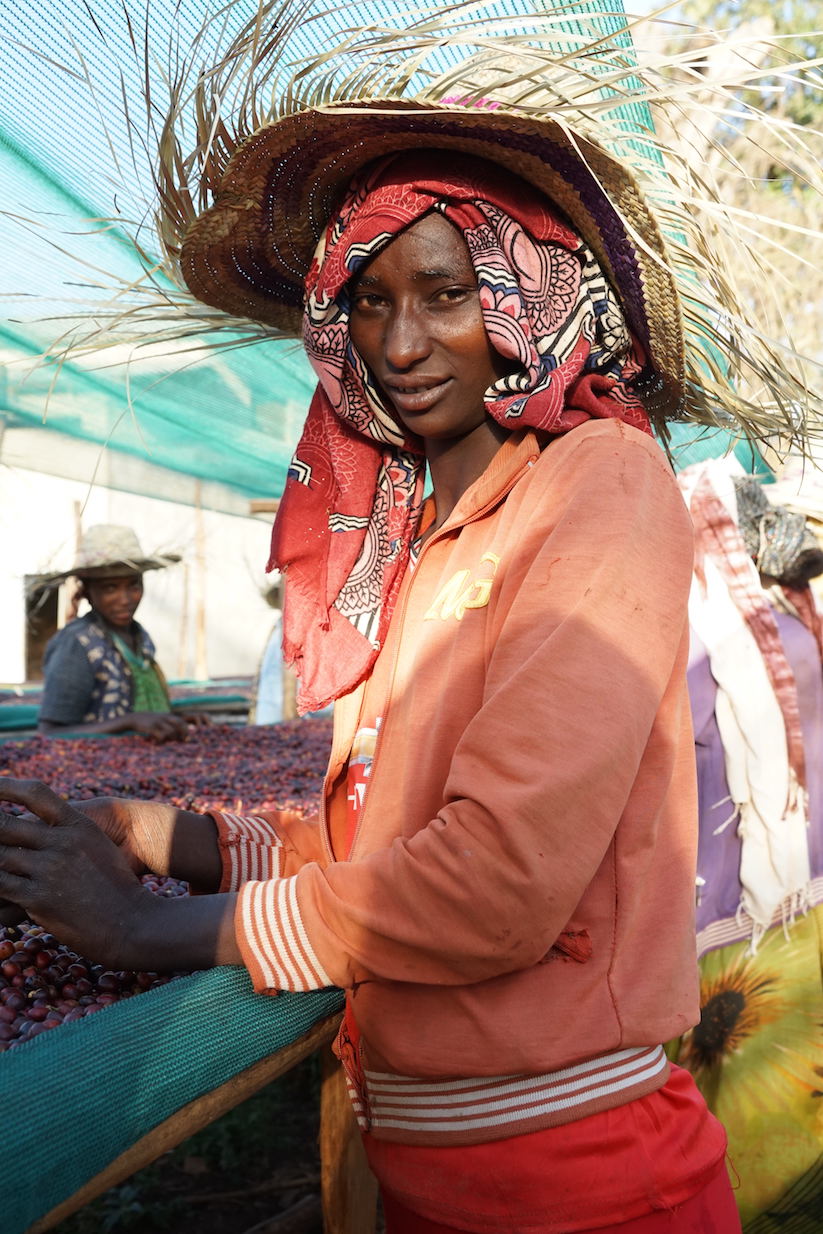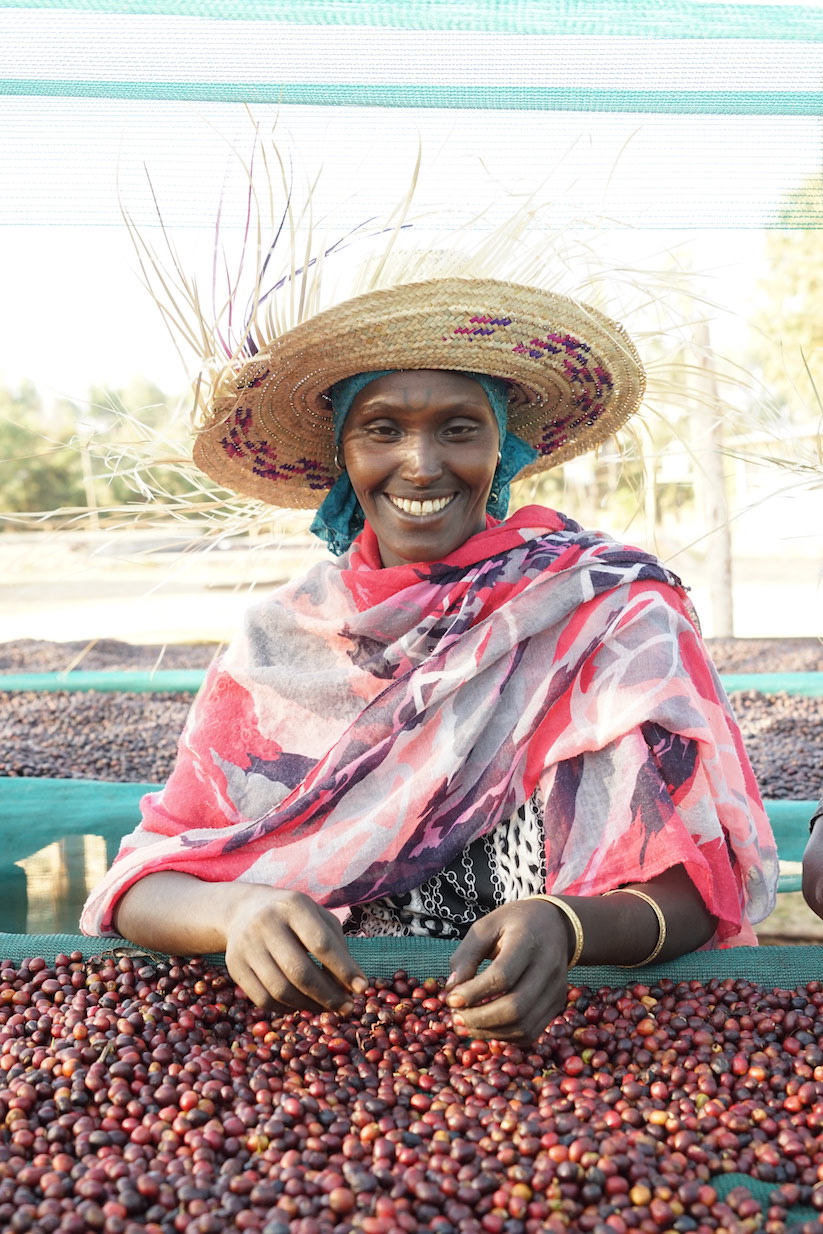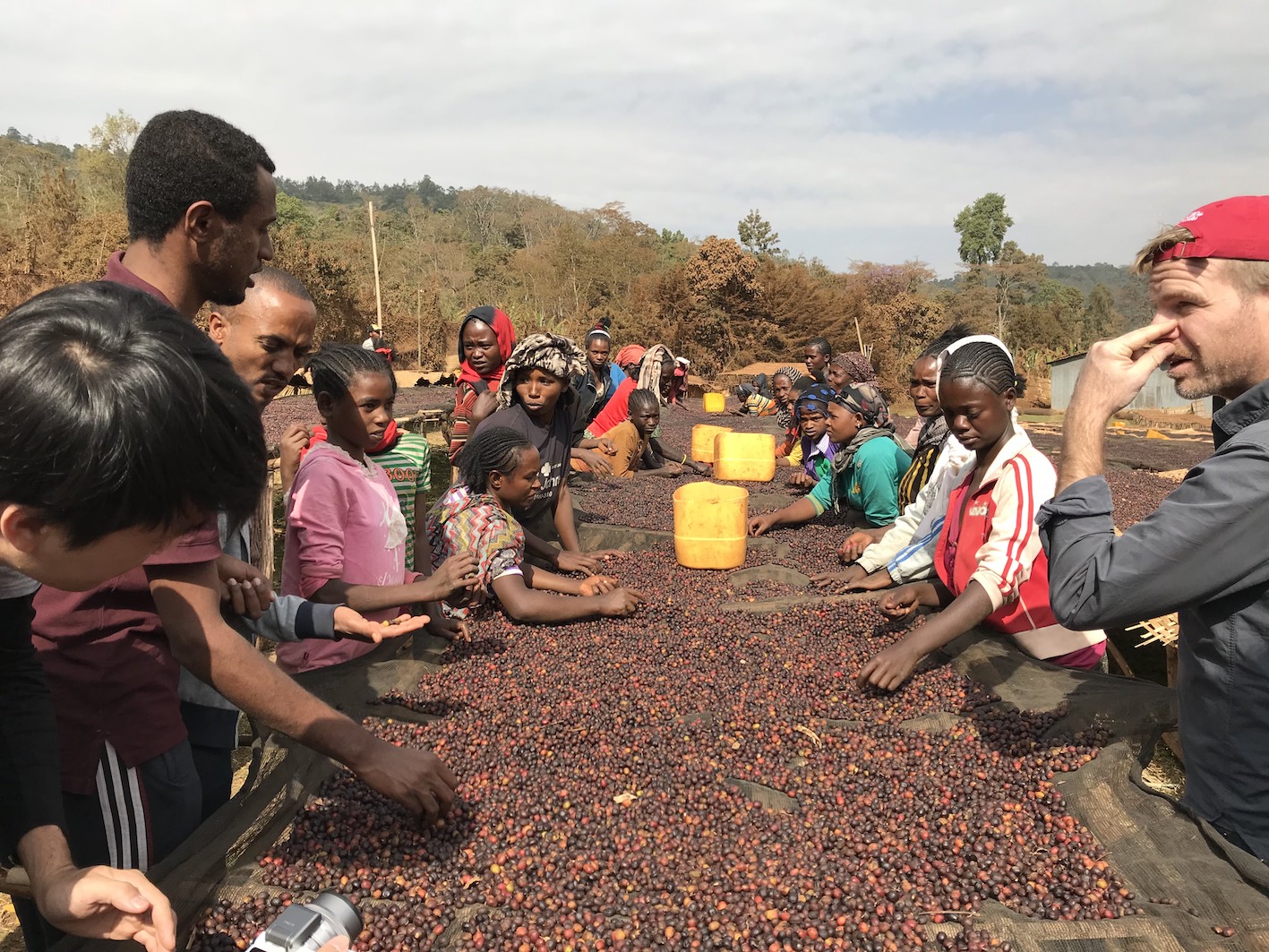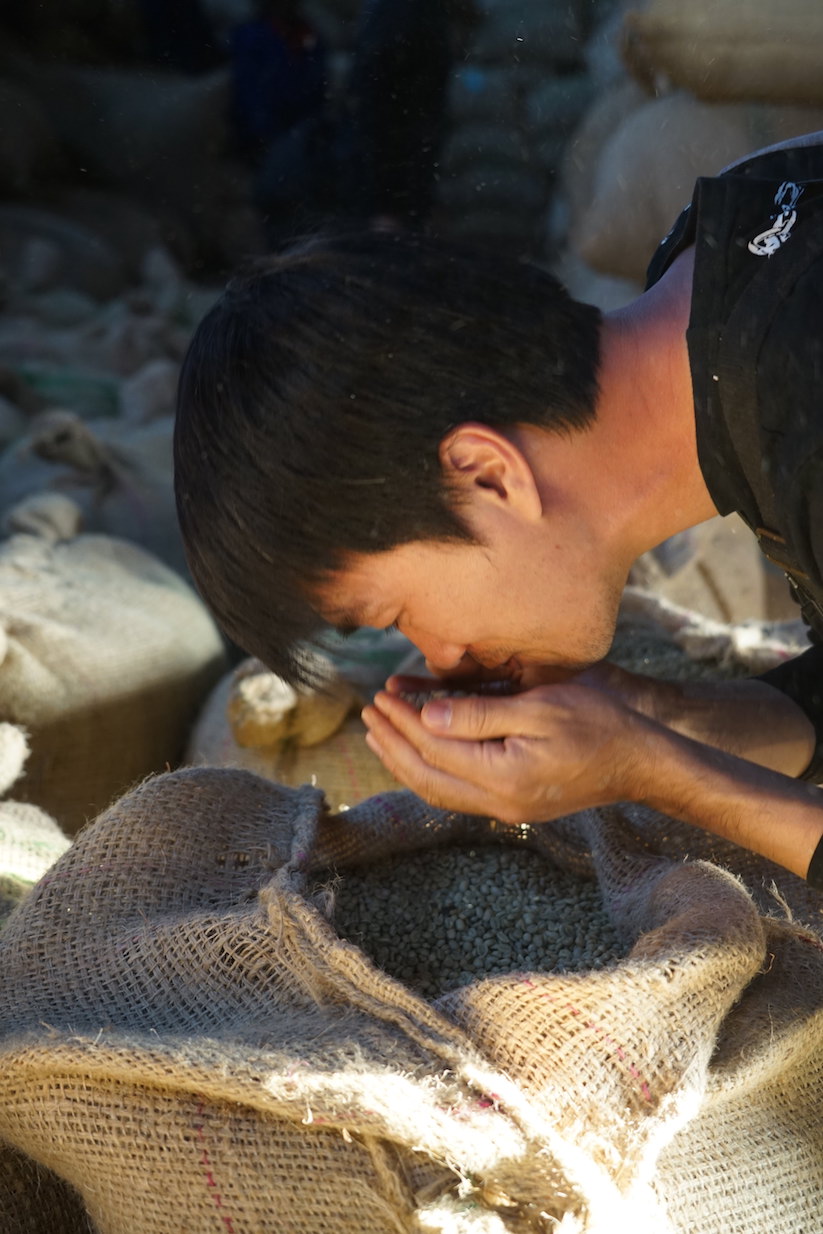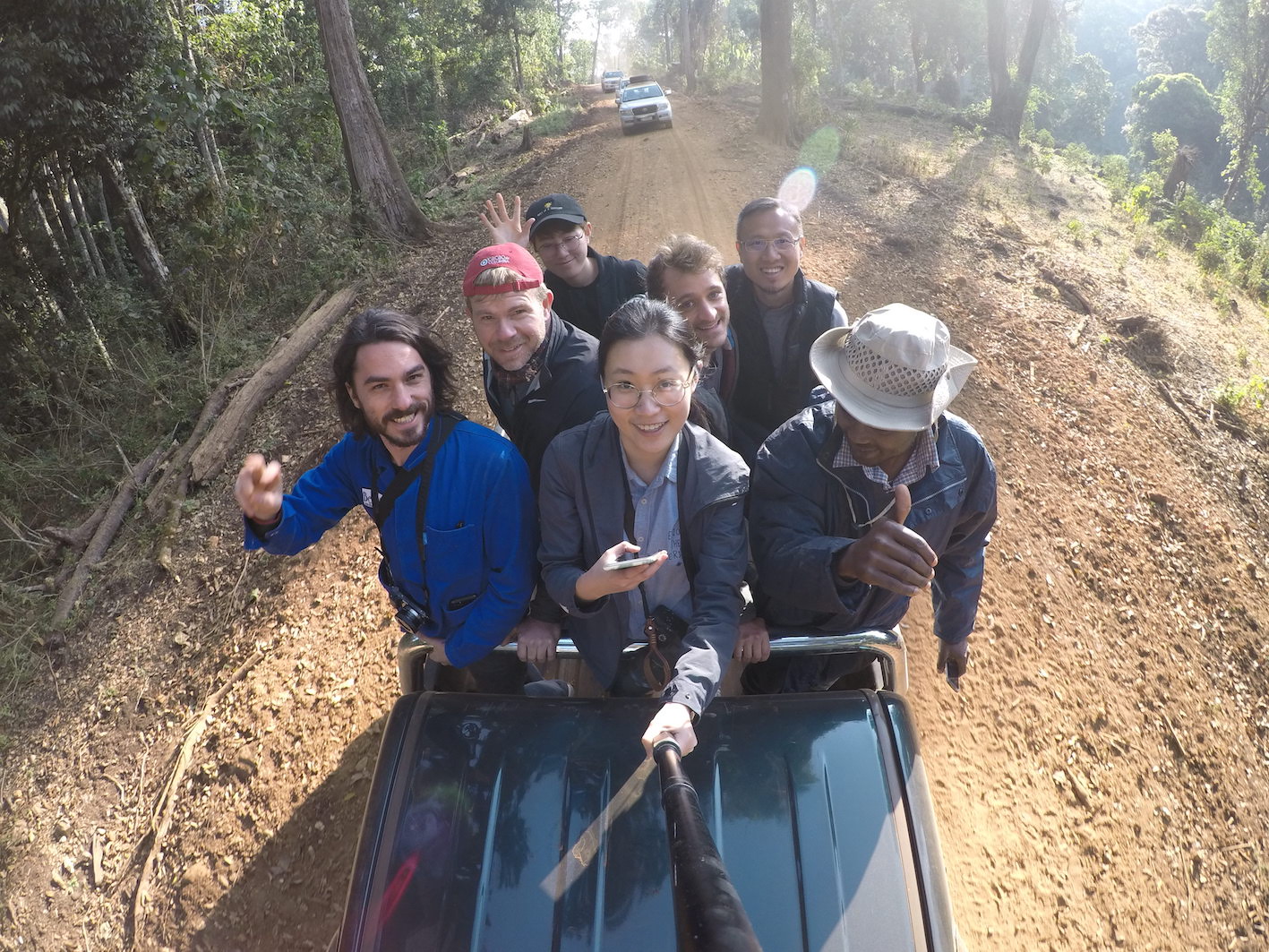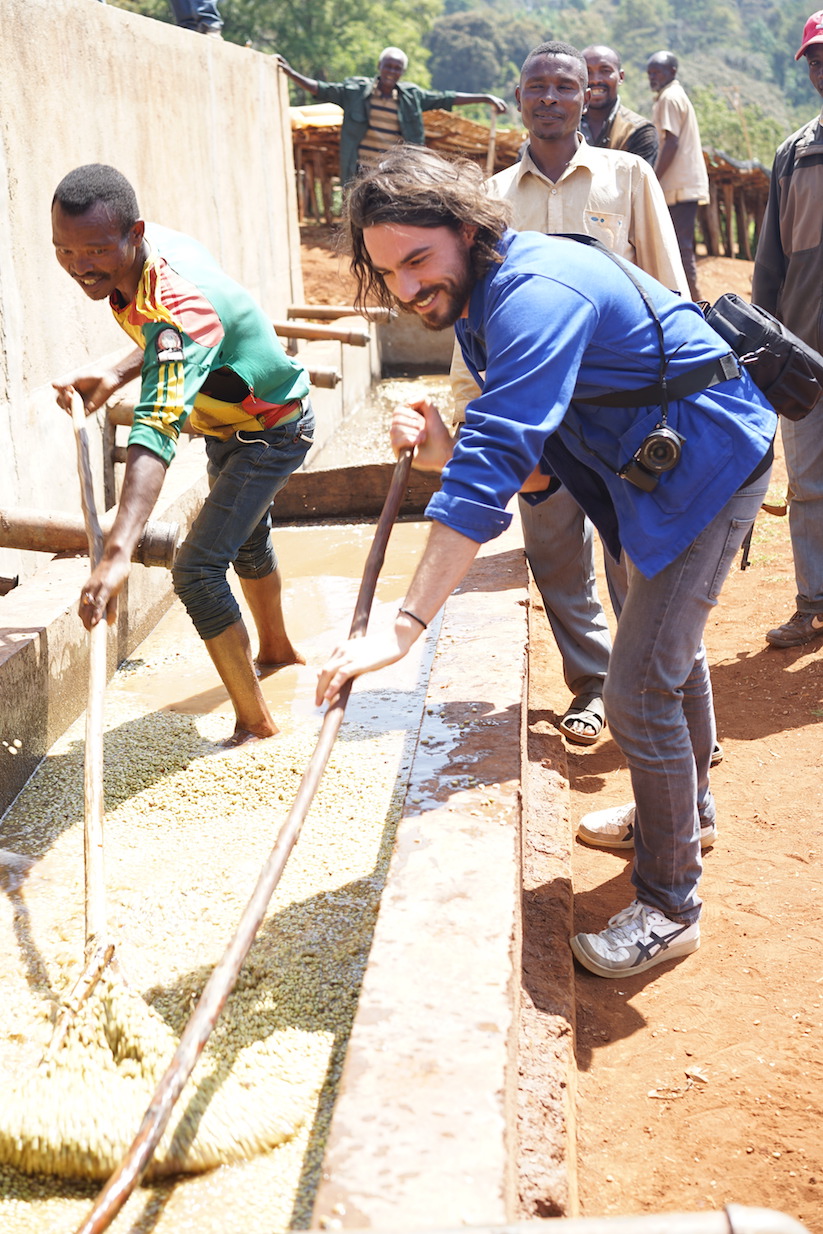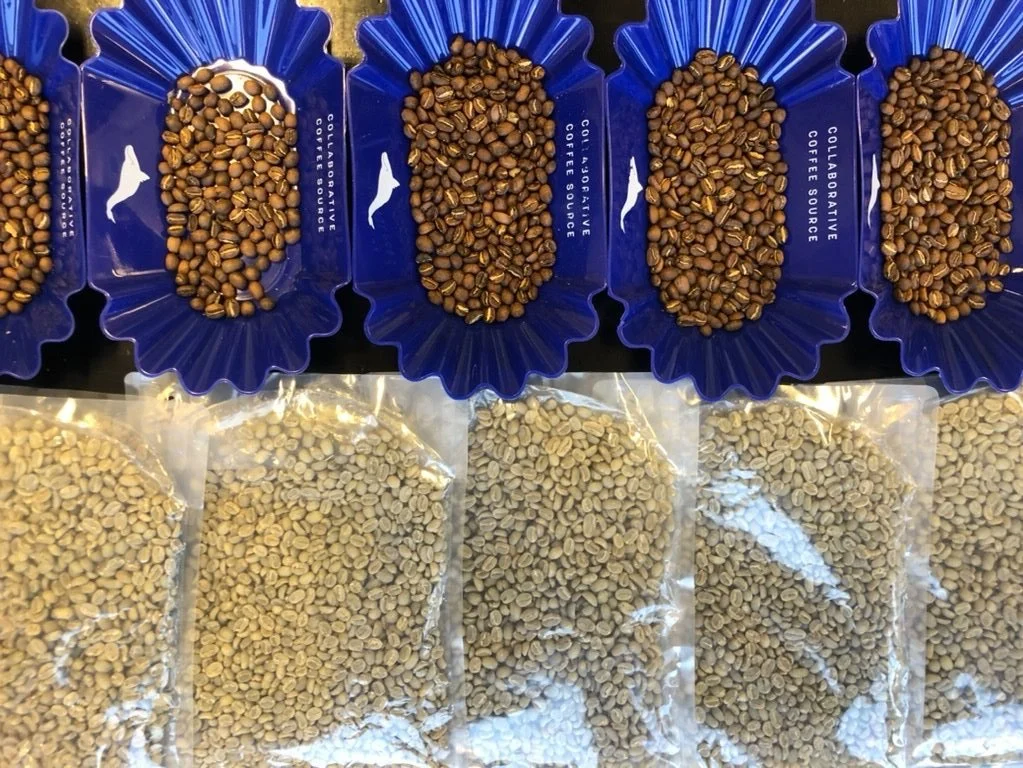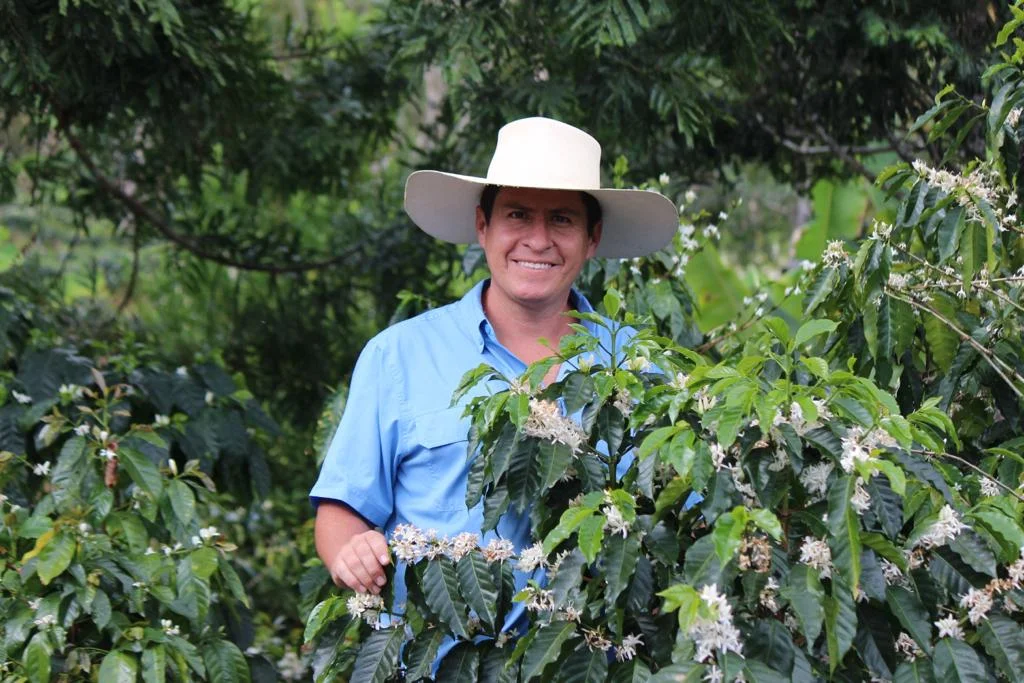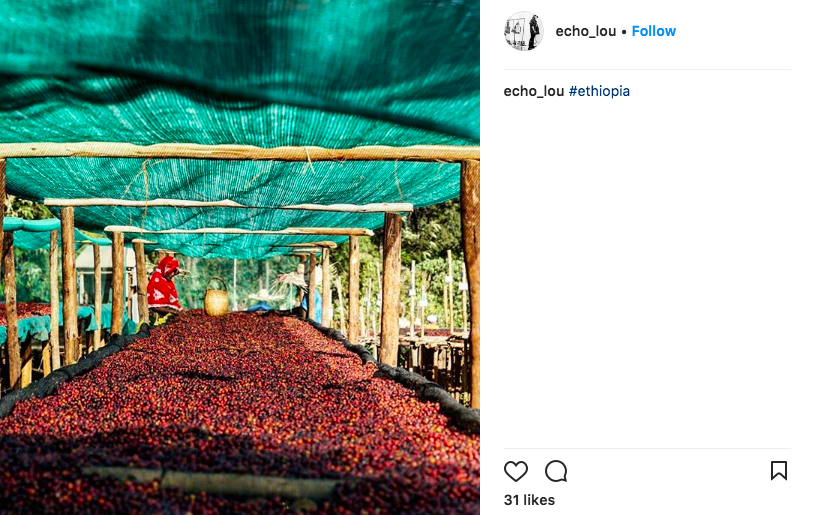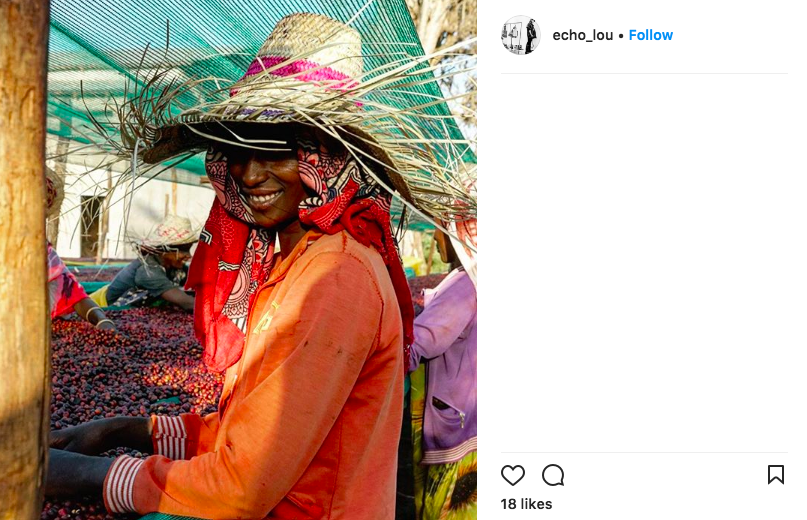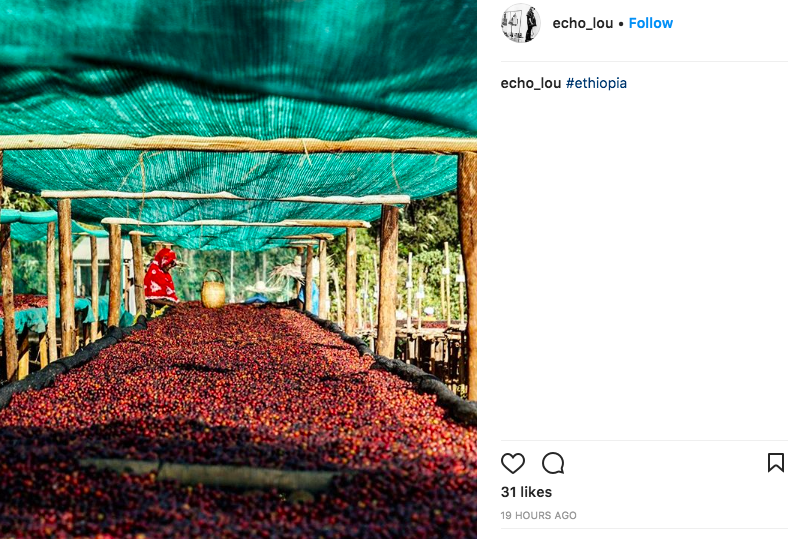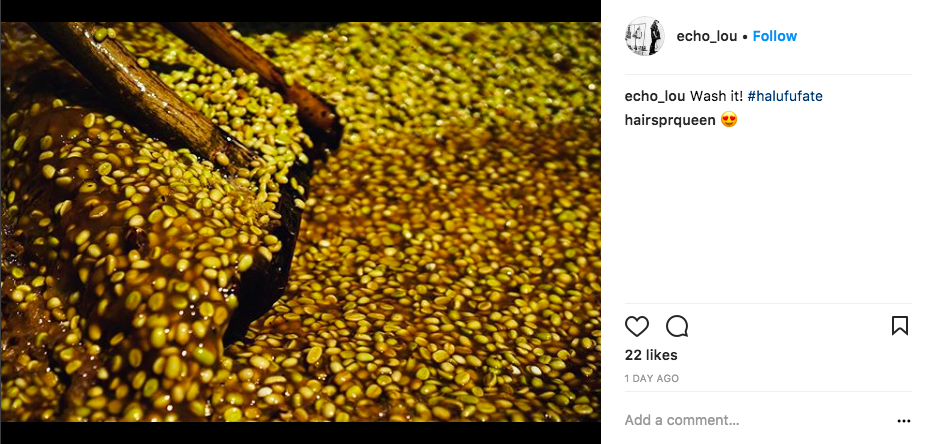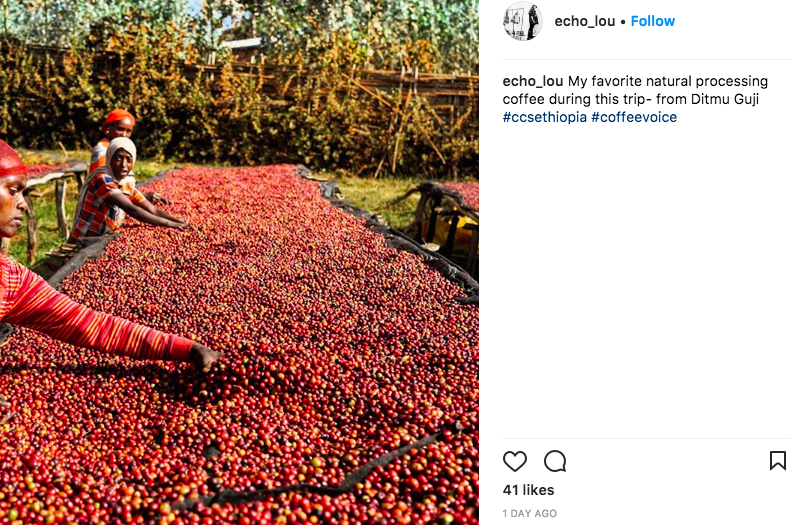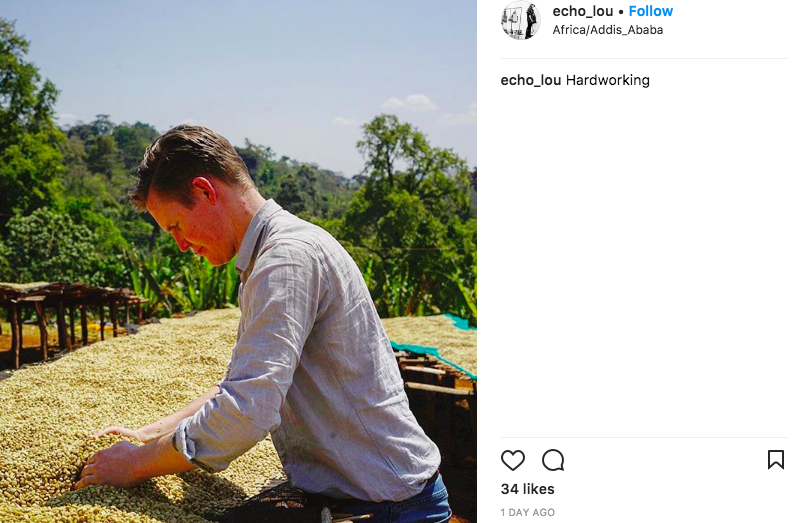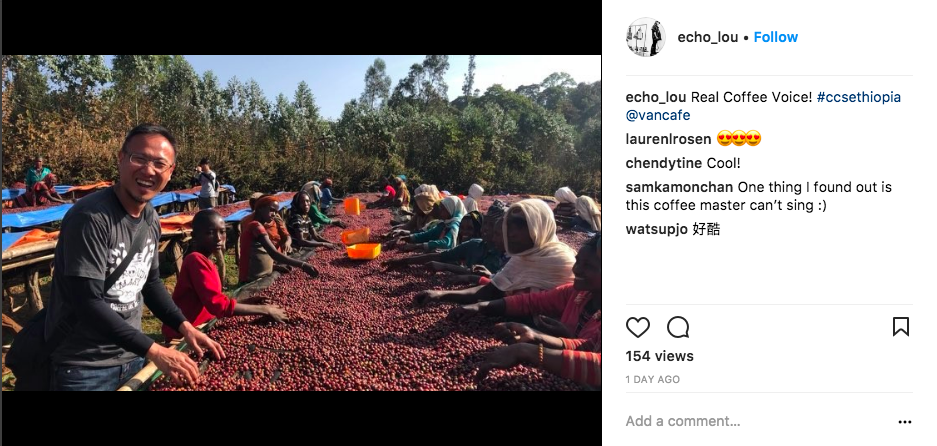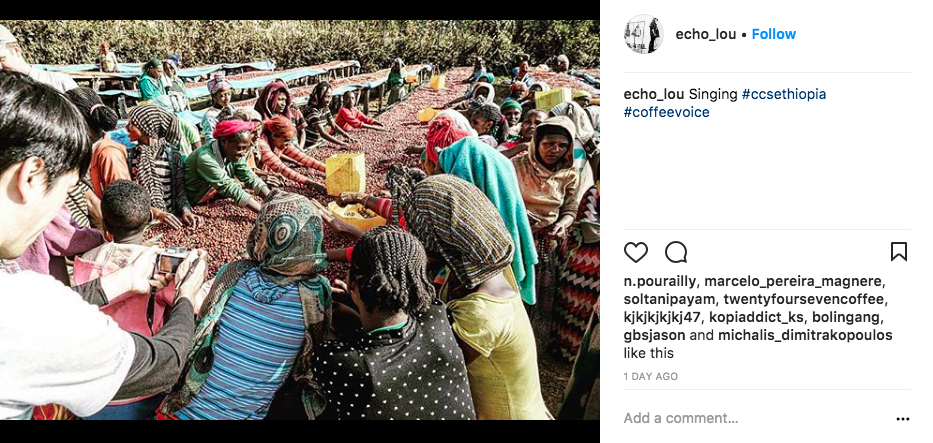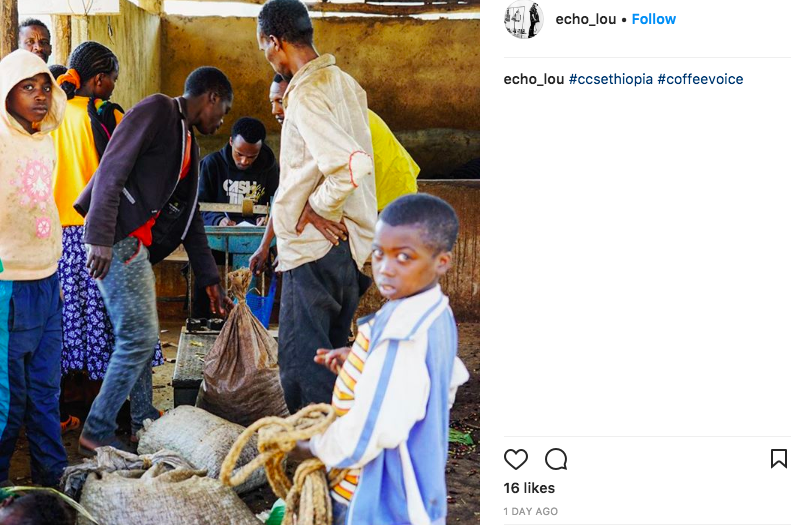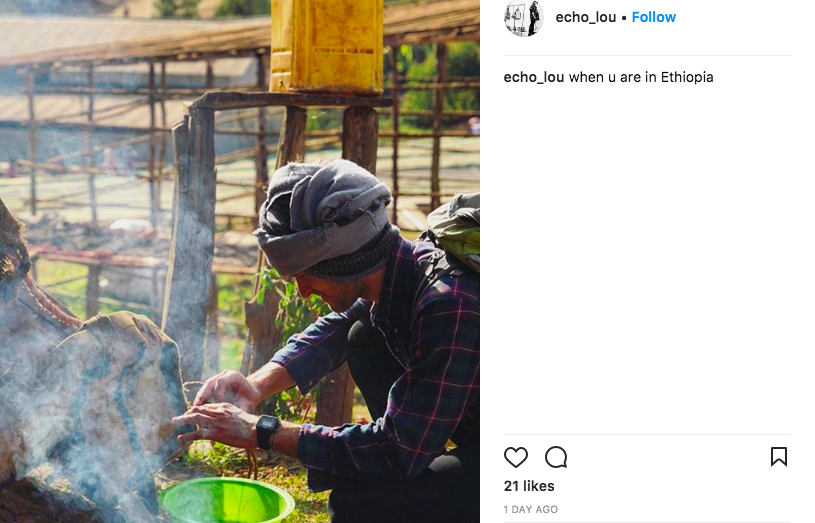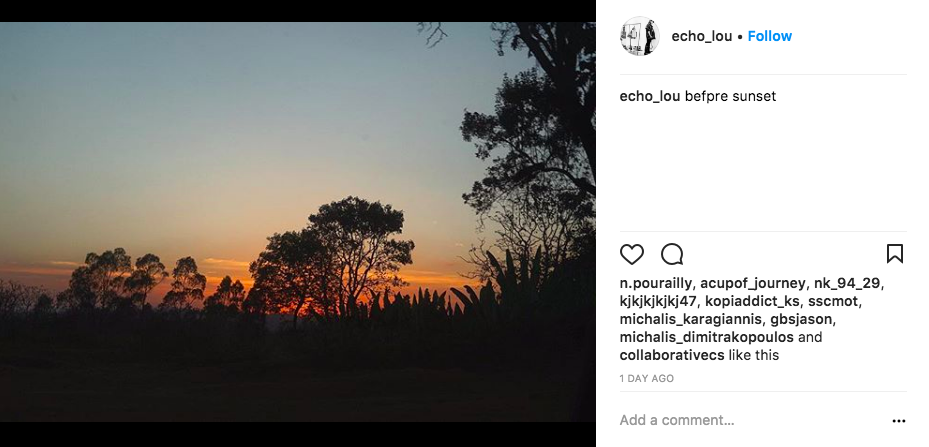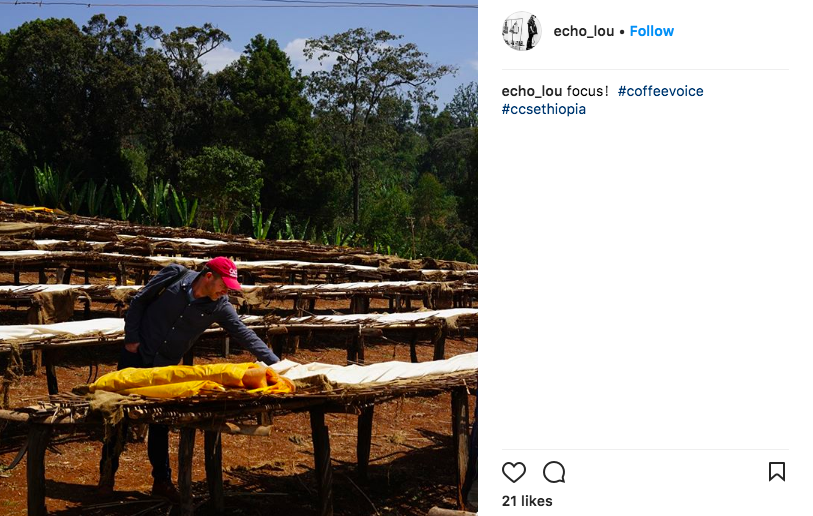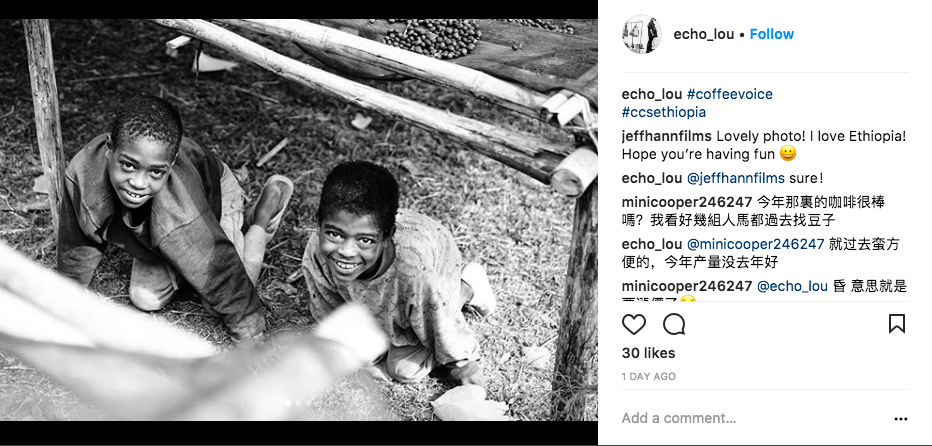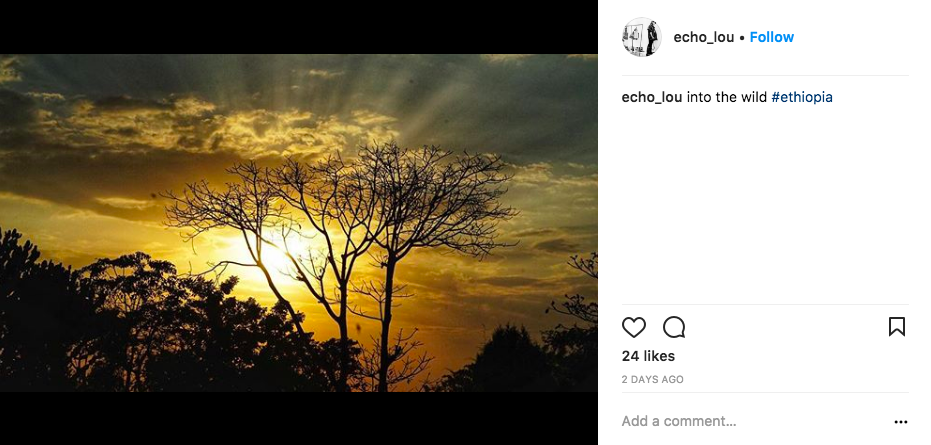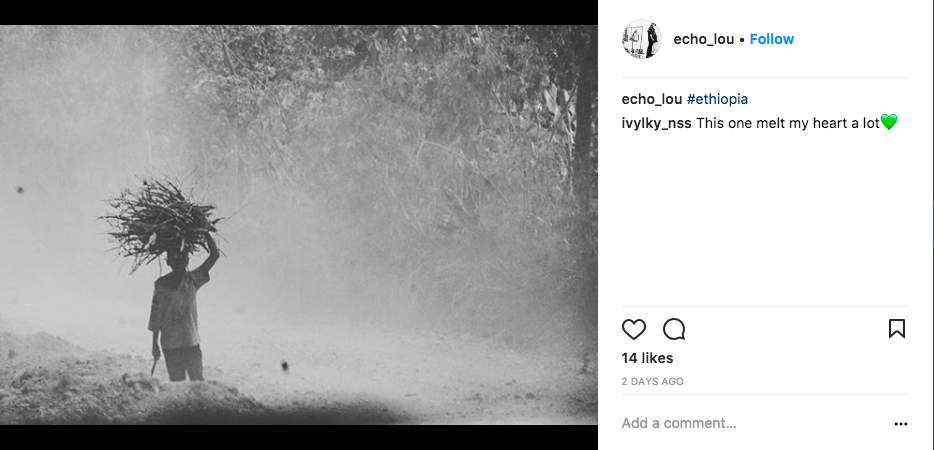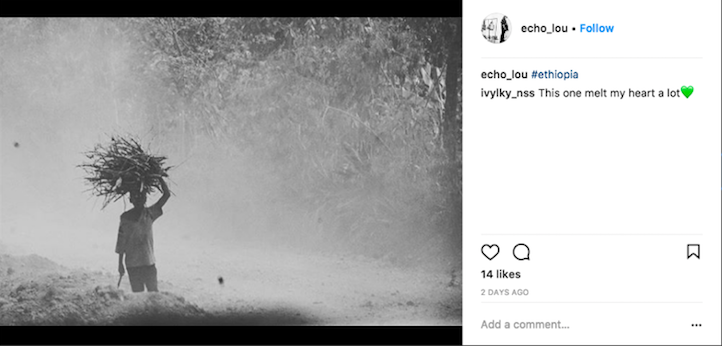Muluka, sorting natural coffees at Gidhe A Washing Station, Ethiopia
CCS was in Ethiopia for the second time this harvest season from January 7 to 14. Roasters from all over the globe joined us as we travelled from Addis Ababa to Yirgacheffe and Sidamo in the south of the country, visiting long-time partners and new friends.
Our goal in the south of the country was to visit washing stations that are new for CCS, to get a sense of the people there and the way they work, as well as cupping their coffees. Next to Robert and I, in the vans travelling the bumpy roads of Southern Ethiopia, sat Mike from Blueprint in the US, Glen and Stanley from Green Coffee Gallery in Taiwan, Echo, Qili and Van, from Coffee Voice in China, Thomas, from Belleville Brûlerie in France and Erik, from Kaffa in Norway. We were accompanied by Abenezer from SNAP, an exporter and new partner we will work with this season and into the future.
Coffea Arabica at the source
When buying your green coffee or sipping your freshly brewed cup, you may have wondered, what is an Ethiopia Heirloom? Well, I have at least a partial answer to that: when stepping on the black and fertile soils in the Guji Highland Estate you cannot find two trees alike. Walking randomly in the farm we passed by a beautiful specimen of unknown variety with orange, almost pink cherries. Even Robert, who has travelled to Ethiopia at least twice each season for the last 12 years, had never seen a tree like this! As the birthplace of coffee, the genetic variety in Ethiopia is breath taking, and something we are only beginning to understand.
I have spent some time at origin in Latin America, but this was my first trip to Africa. What struck me immediately was how perfectly suited Ethiopia is to growing coffee, at least on the southern regions we visited. The weather was dry during our trip, with temperate days and cool evenings. Spectacular forests provide protective shade for the coffee trees which allow the cherries to grow and ripen slowly, enriching their pulp with sweetness. Again, this is no surprise given Ethiopia is the home of the coffee tree, still it is an experience to see it in person.
The complications of logistics
In Perú and Ecuador, where I worked for a few months with cooperatives and producers, we often spoke about the terroir, the weather, and the processing methods as the components of specialty coffee quality. The one part that is usually the forgotten is logistics. The complexity in Peru surprised me, some farms are only accessible by motorcycle over bumpy and muddy tracks. How do we reach those small producers in the most isolated reaches of the mountains? How do we maintain traceability?
The issue of logistics is even more complicated in Ethiopia. First, Ethiopia is HUGE. We spent four days of long travel to reach different washing stations and farms in the south. And yet, seeing how tiny that region is on the large map of Ethiopia, I realised how crazy it is to work in a lot of different regions in the country. Distances are not that great, but the roads are extremely bumpy! Just moving from the north of Yirgacheffe to the south took us a full day in a car!
At the same time, I felt privileged to see an Ethiopia that will soon be history. The country boasted an annual economic growth of 10,8% on average between 2004-2014, and its population is expected to grow from 100 million people today, to 190 million by 2050! That’s almost double! Huge infrastructure projects are underway to connect all parts of Ethiopia, and more specifically to link remote areas of beautiful coffees to the existing main roads leading to Addis. If you want to experience the Ethiopian “adventure,” go there soon guys!
We returned to Addis on the weekend for many cuppings, and to visit Heleanna of Moplaco. Their warehouse and mill are astonishing! In another life I worked for luxury cosmetic brands and visited the French factories of Chanel and Dior. It is astounding to see a production facility for coffee in Ethiopia just as clean and perfectly organized as the production line of the fanciest perfumes from Paris. No wonder the coffees we get through Heleanna are always stellars.
The highlight of this trip was meeting the people behind these incredible coffees, all of them with the biggest smiles. Each time I lifted my camera to my eye to capture the sorting process, or the natural coffees drying on their beds, I saw producers and partners with phones in hand, taking photos of me.
Matt is finalizing our buys in Ethiopia, and the fresh crop should be on the boat by end of March. Contact me in Europe or Sal in the US to get your hands of some samples.
Nicolas
